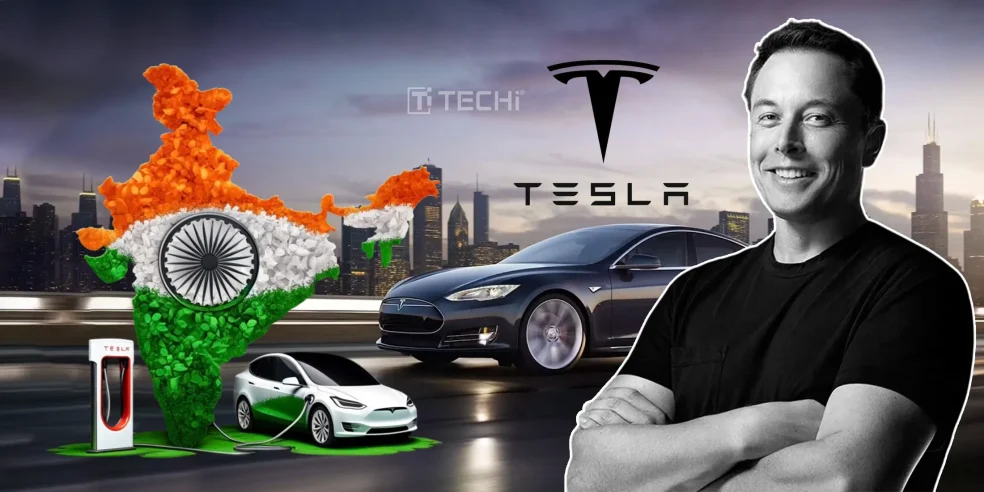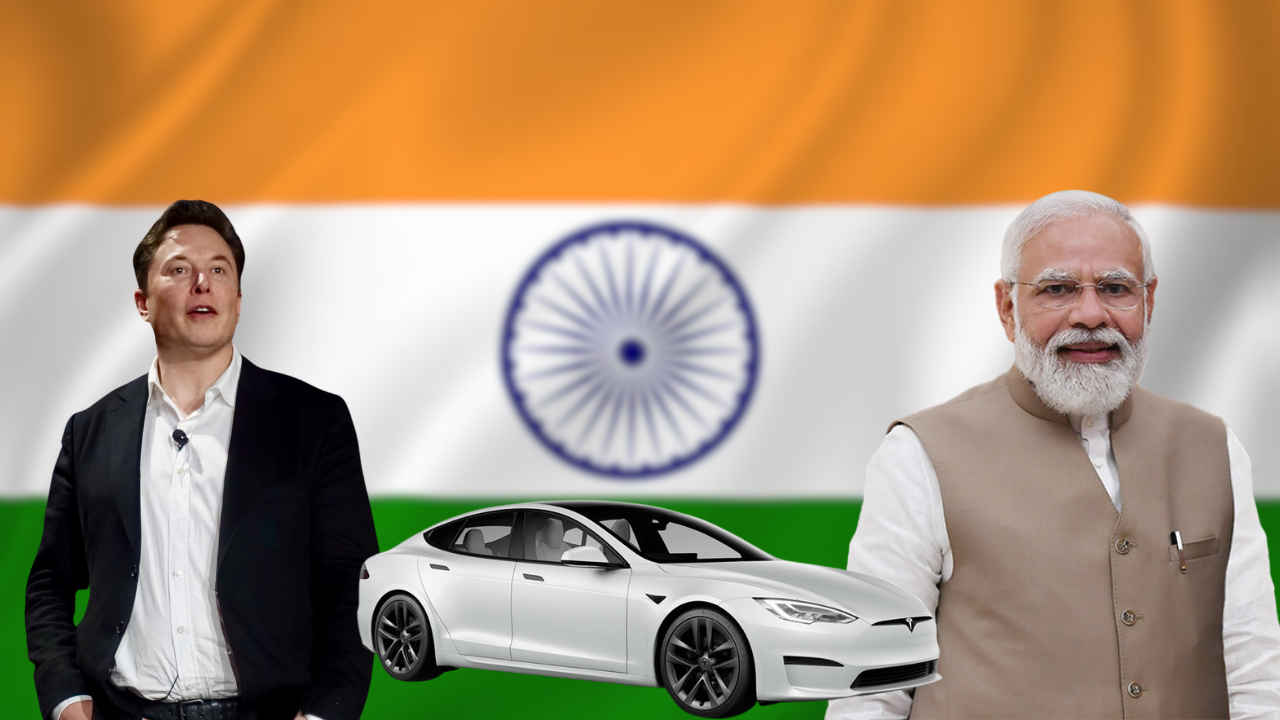In a financial leap that stunned the global economy, Elon Musk has officially become the first human in history to surpass a trillion-dollar net worth—thanks to Tesla’s explosive entry into the Indian market, the world’s most rapidly growing EV hub.
Tesla’s grand launch in India not only broke sales records in under 48 hours, but also triggered a seismic shift in Asia’s auto and tech sectors. According to leaked reports from Bloomberg and international economic think tanks, Musk’s wealth is now estimated at over $1.3 trillion, putting him ahead of the entire GDP of countries like Mexico, Indonesia, and even oil-rich Saudi Arabia.

What Sparked the Surge?
Tesla’s launch strategy was nothing short of genius:
-
Ultra-affordable EV model “Tesla Indus” tailored for Indian roads and pricing.
-
Strategic partnership with Indian tech giants and green energy startups.
-
Support from the Indian government in the form of historic tax breaks and manufacturing incentives.
-
Pre-orders hitting 10 million units within 72 hours, with thousands of dealerships flooded by customers.
Musk’s response? Classic and bold:
“India isn’t just the future of Tesla — it’s the future of energy, innovation, and humanity.”
Too Rich for the System?
Sources say Forbes had to rewrite its billionaire tracking system after Musk’s wealth crashed their algorithms. Social media erupted with memes of Musk “owning more than countries,” while economic analysts warn of a “Musk Effect”, where one individual’s fortune can now influence global interest rates and energy markets.
Meanwhile, Musk casually tweeted:
“I might need a new wallet. This one doesn’t hold countries.”
What Now?
Elon’s financial dominance is sparking debates worldwide:
-
Should a single person control more money than a sovereign nation?
-
Will Tesla reshape India’s economy — or overshadow it?
-
Is this the beginning of the “Trillionaire Class”?
Whatever the outcome, one thing is clear:
Elon Musk just redefined the limits of wealth, again — and India was the launchpad.

